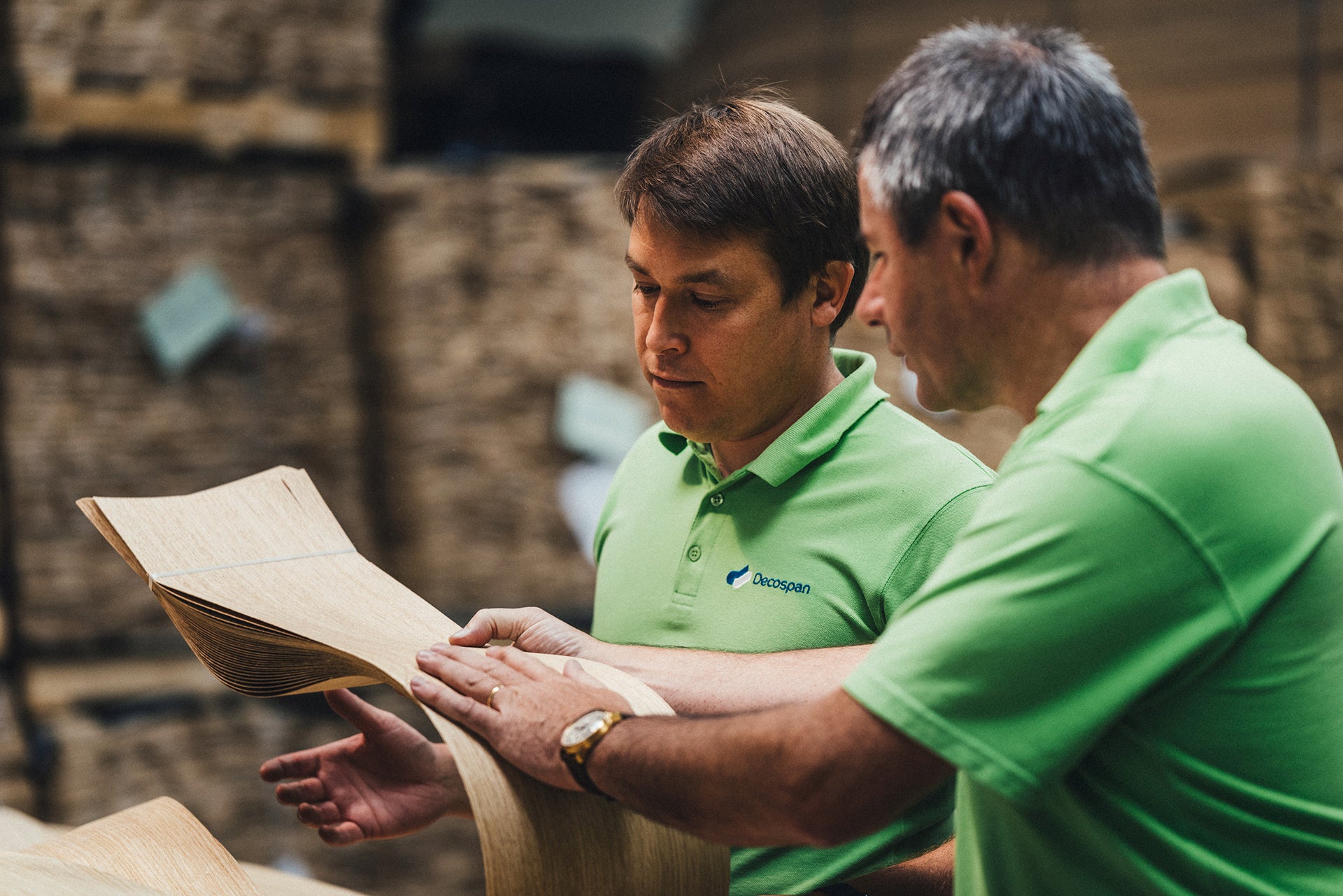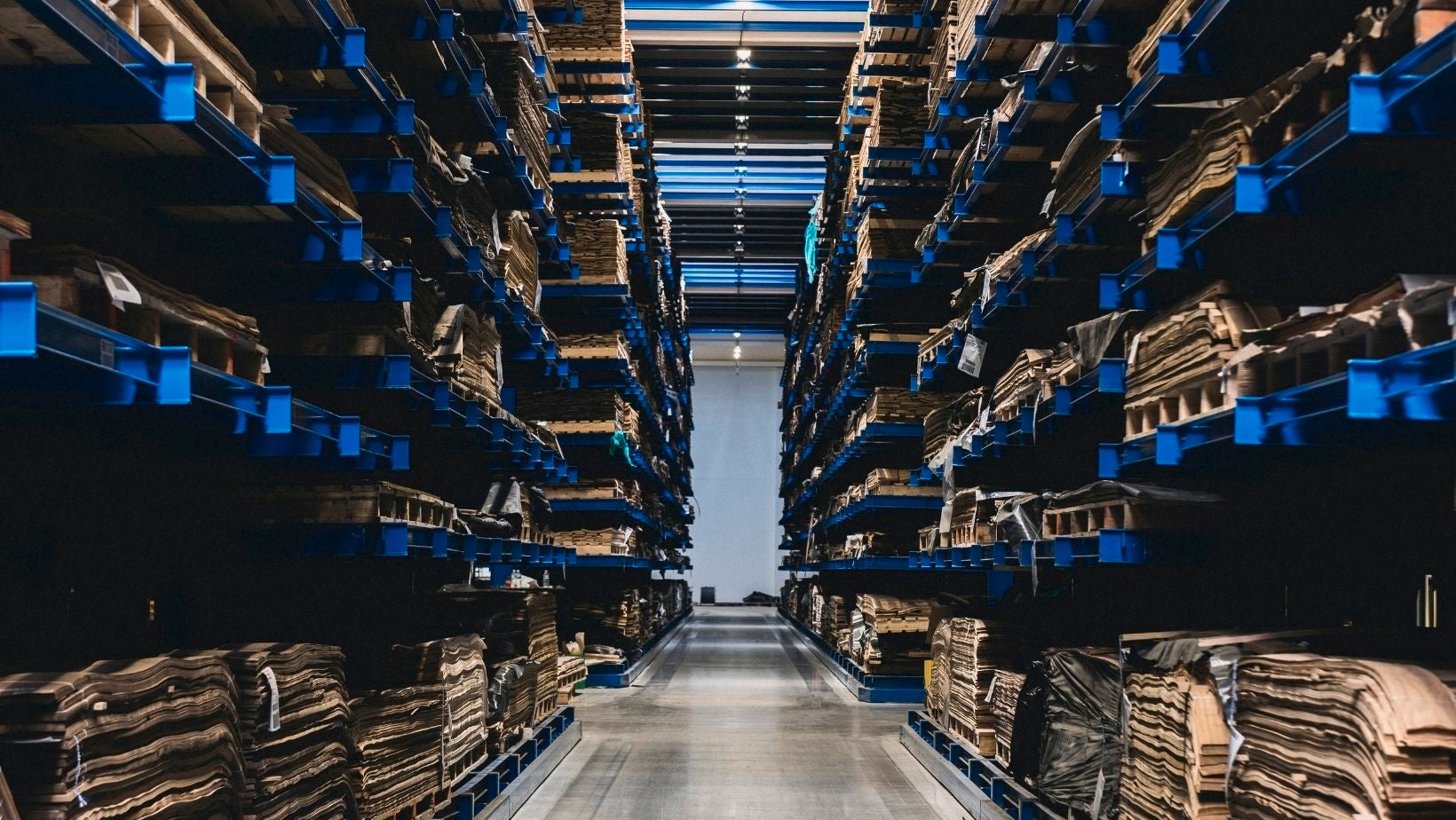- date
01 August 2022
- tag
Why wood
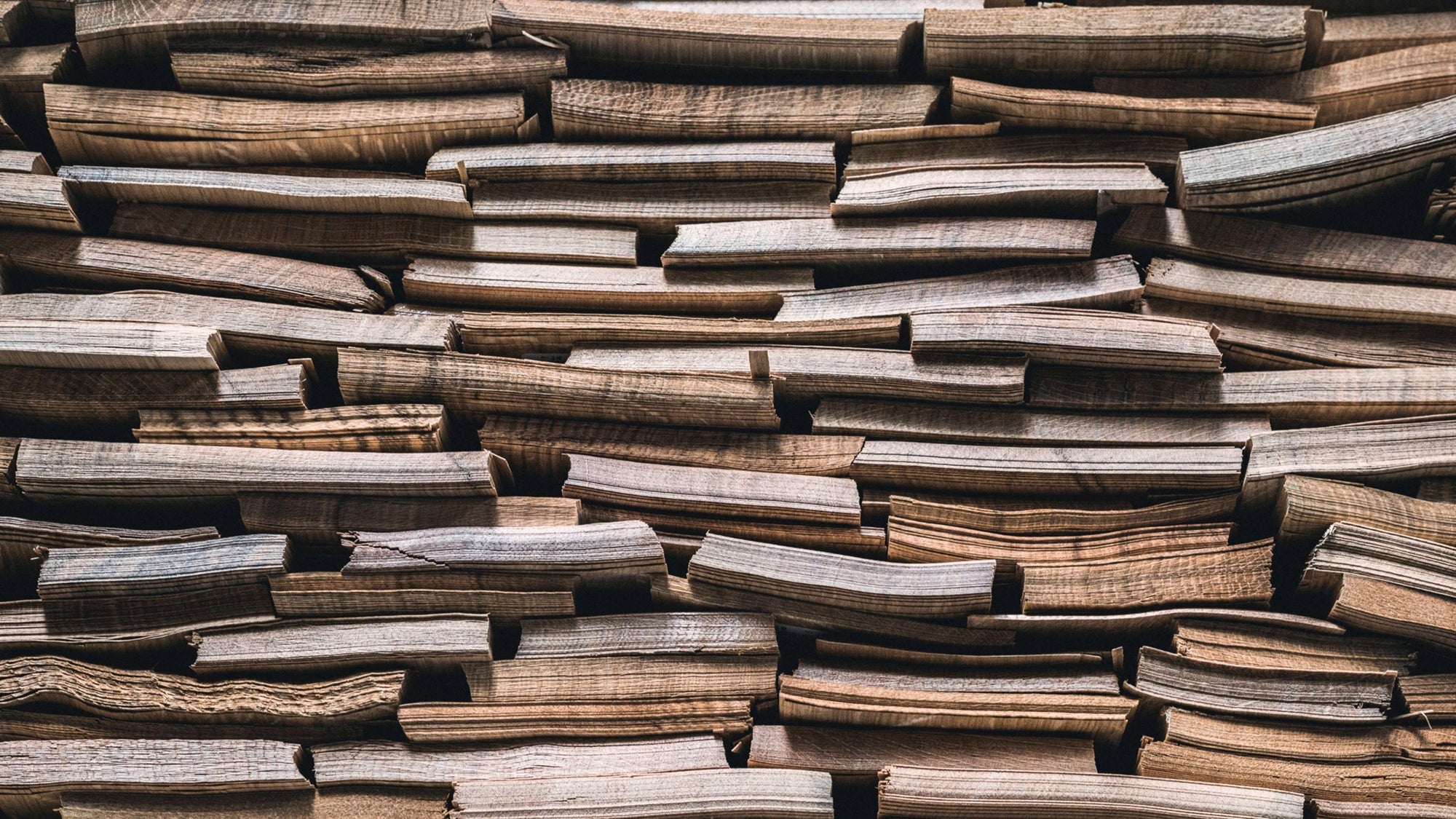
Pictures section
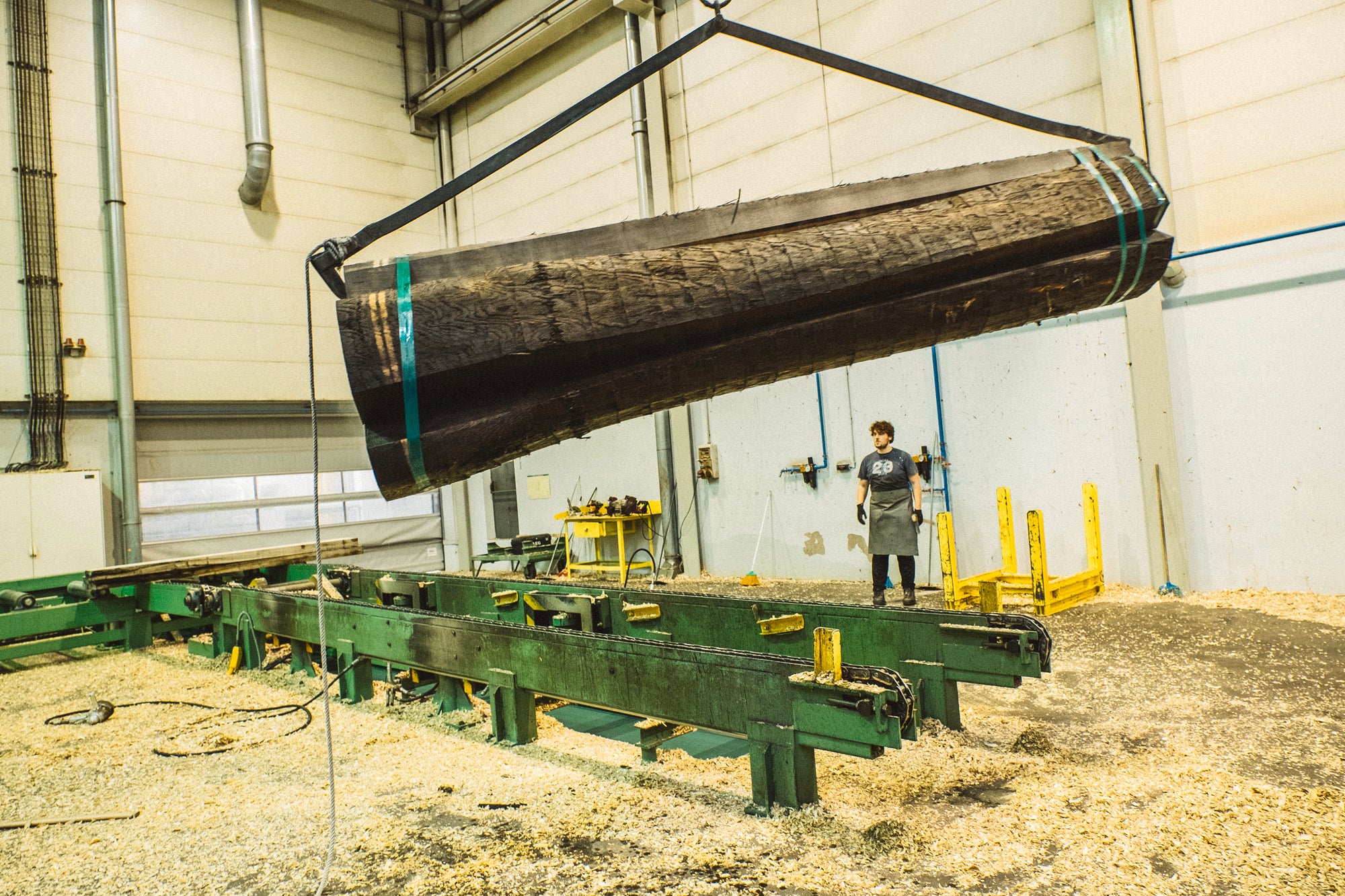
Specifically, what effect is the war in Ukraine now having on the price of wood? "There is no denying that the price of wood has exploded. Certain commercial woods such as oak and walnut are under enormous pressure, while specific grades/lengths have even just doubled in price," says Wood Director Pieter Desmet. "This is unprecedented in our 40-year history. But it's important to make some comments on this. It is of course true that the war in Ukraine caused all those who bought there to have to/shift their purchases by necessity, giving some of our partners/suppliers the craziest offers. This further accelerated the upward price pressure. However, Decospan cannot actually complain to this day. Our suppliers sometimes get absurd proposals, but the vast majority continue to think long-term - and then Decospan is worth more to them than a few opportunistic deals. There are of course price increases for us too, but they remain relatively reasonable given the unseen circumstances."
What we do see is that the wood mix - which is vital to Decospan - is somewhat skewed. "At Decospan, growth is always anticipated in advance. But since the beginning of the corona crisis, the demand for veneer is also climbing to an absolute peak and the market is simultaneously storming on certain wood species/qualities/lengths. This created a scarcity fueled in large part by nervousness. If the demand for a particular wood species/quality/length increases too much in comparison to its ancillary qualities, an entire quadrant within our "buying puzzle" is immediately affected. Thus, we get an irrational skewing of our wood mix and have to take action points in return and, for example, push co-products more to the market.
Demand for veneer cannot possibly remain as high as it is now. But as long as the war rages, oak will remain under pressure. So for this we are currently looking very intensively for equivalent alternatives."
Pictures section
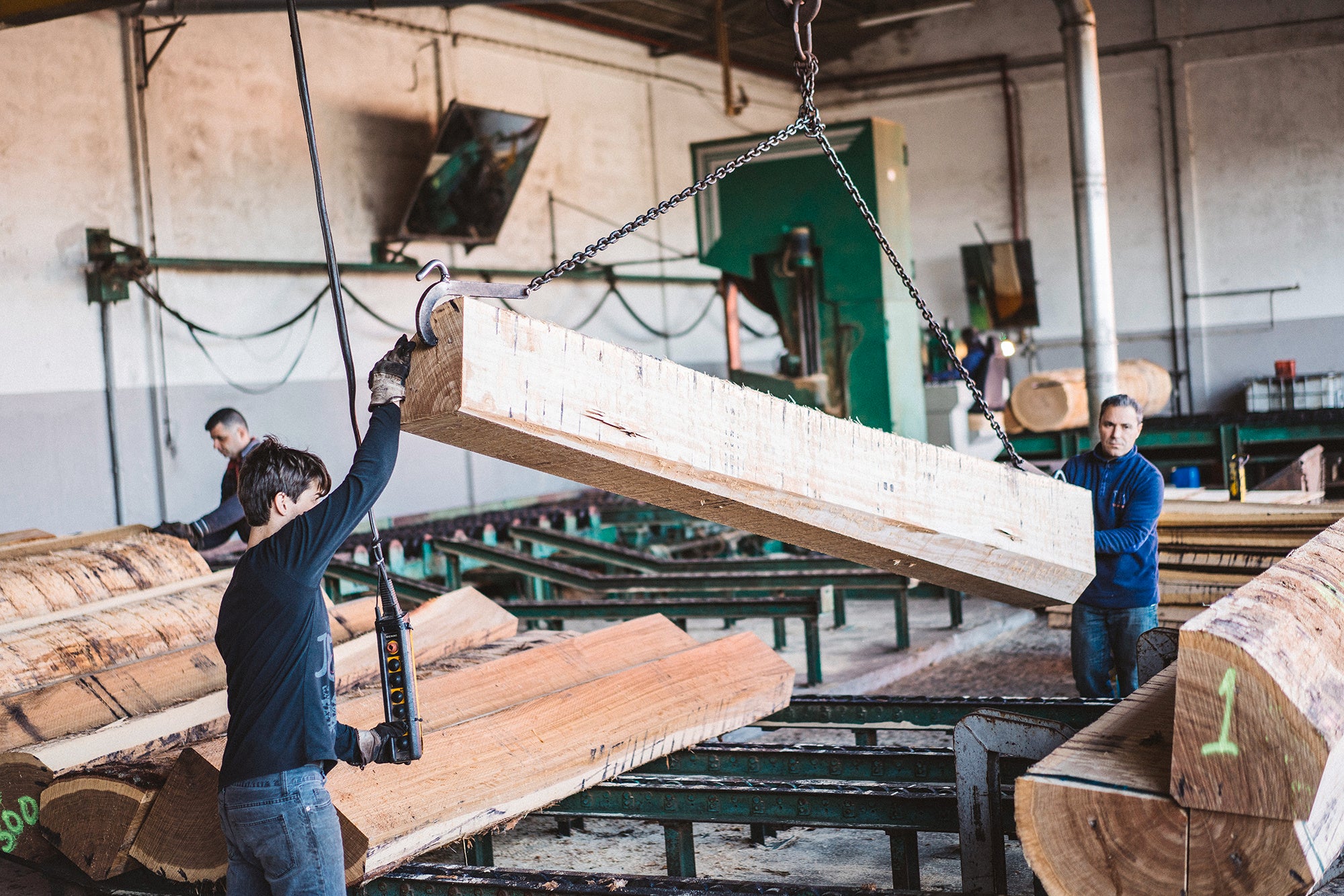
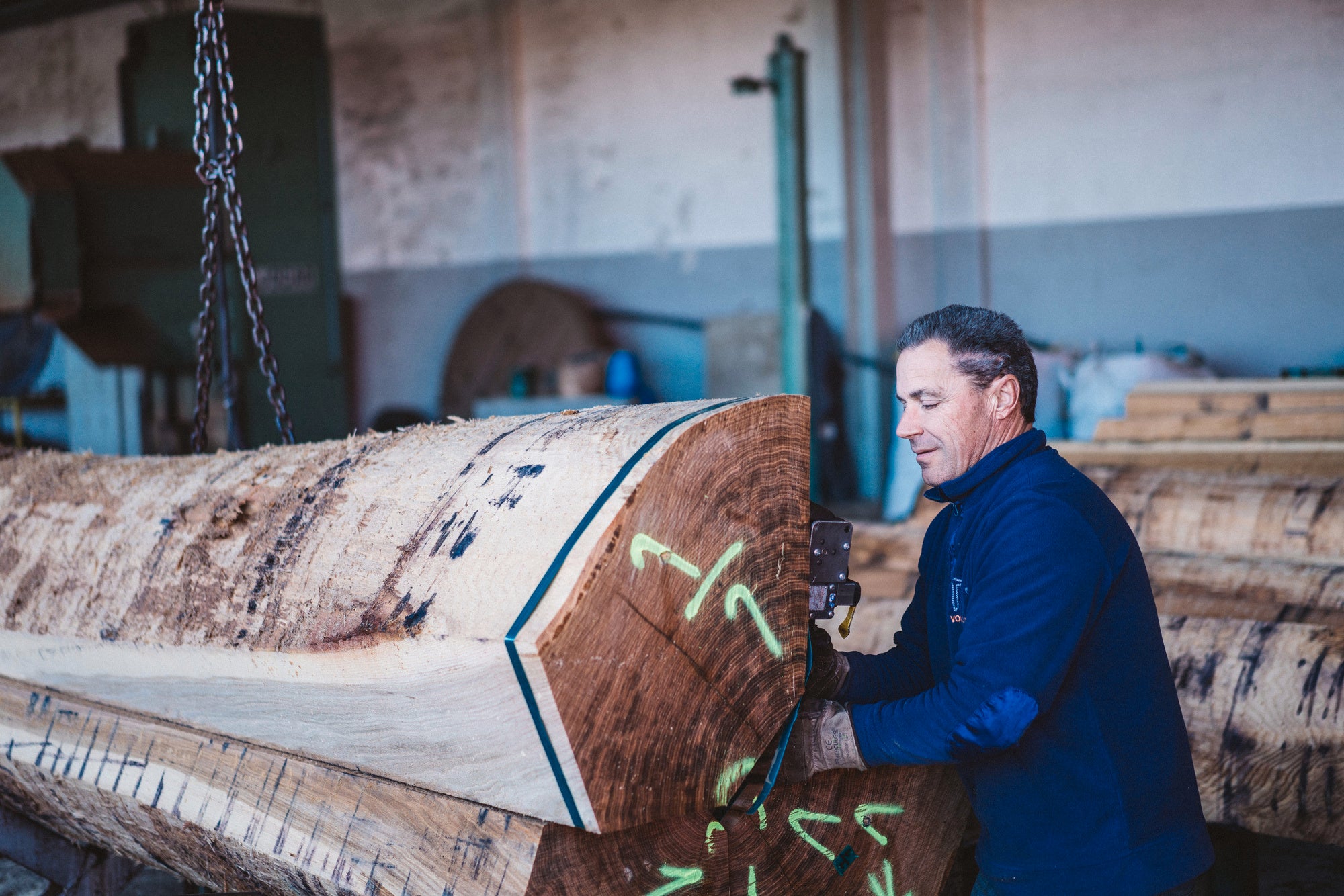
However, Pieter Desmet emphasizes that Decospan is not dependent on Ukraine in terms of wood procurement. "Our wood suppliers are trusted long-term partners who don't leave us out in the cold. So in terms of stock there is generally no problem. Shortages are mainly in unexpected growth on specific products/qualities for which demand far exceeds the/our supply, taking into account our wood mix. Due to the many absences during the corona period, the order book was also not reduced fast enough and, unfortunately, delivery times continued to increase. However, we opted for a large scale-up in both purchasing and grouting capacity to then be able to clear the backlog faster. We have since largely reached cruising speed."
For the purchase of our brute boards, Purchase Manager Mathieu Platteau still faces a major challenge. "The price of plate material is determined by three main parameters: wood, chemicals (mainly adhesives) and energy. We certainly can't deny that since the corona era these have been under strong pressure in terms of availability and especially price. An additional challenge is that birch plywood is mainly of Russian origin and since early July '22 the European Commission has imposed a general import ban on Russian products. As a result, massive stockpiling continued until that deadline, but the story behind the war in Ukraine is obviously much broader than that. End consumers do care about the origin of their products. If, for example, they no longer want sheet material from a specific country or region, it is up to us to provide an answer and to be ready with (sustainable) alternatives.
During the Corona period, everyone wanted to build and renovate en masse, so demand was spectacularly high and extortionate prices were demanded (and eventually paid) on the market. Meanwhile, people want to enjoy themselves a little more to the extent (financially) possible and supply and demand are gradually coming back into balance. But being Decospan, we can't complain in the end. In times of crisis, you get to know your friends and it has to be said: our suppliers have turned out to be reliable partners. As a result, we were never at a standstill in production due to a shortage of raw materials, and that was not the case with every producer."
Pictures section
